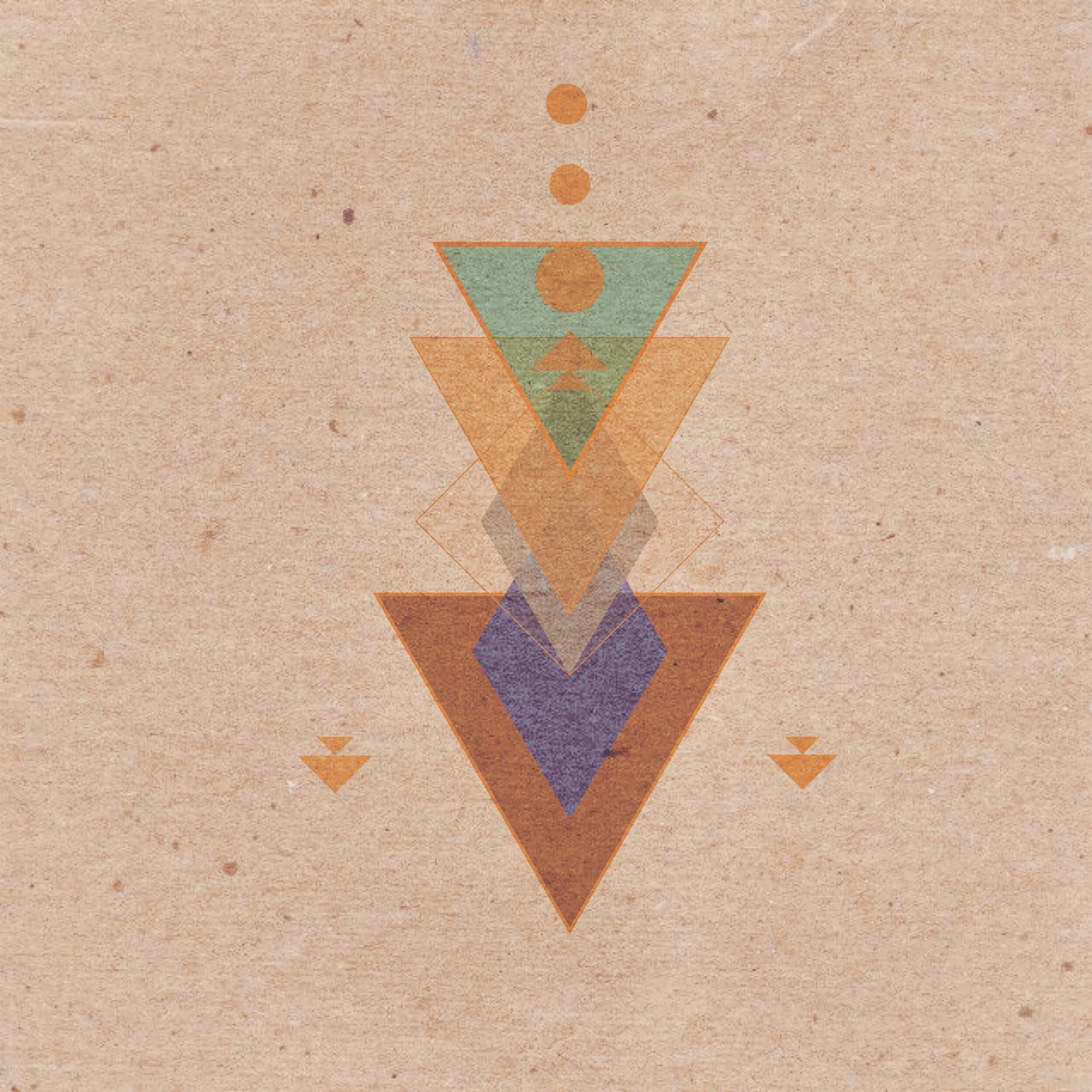There is a studied link between mindfulness and pro-environmental behaviors, but that is not the point here. Mindfulness is the art of directing awareness with openness, curiosity and flexibility. One is guided in this practice to be present with what is by paying attention to different aspects of experience, whether pleasant or unpleasant, and responding wisely. The point, according to most contemplative traditions, is to look deeper into and understand the nature of our suffering - both individually and collectively.
In the wake of wildfires, earthquakes, flooding and other storms - by now, most of us probably know someone who has been significantly impacted, perhaps even displaced, by weather. So, what is the right balance of attention with respect to awareness of the alarming trends and moral responsibility within our sphere of influence and meeting all the other demands of modern life? Especially in a society where more than 75% live paycheck to paycheck and more than half do not have enough savings to manage an unexpected $400 expense, it can be overwhelming and lead us to tune out and become unmindful.
Poverty, mental illness, addiction, and divorce are examples of common real-life challenges that may feel like and actually be more of an existential threat to one's family than global warming and certainly less abstract. But, how might the psychology be different if we could see CO2 gas in the sky or even in our home? Because everywhere, the parts per million has invisibly risen above 400 for the first time in 800,000 years, which has long been thought to be a safety threshold. This increase may begin to have negative effects on human cognition and decision-making in addition to dangerously warming the planet.
It gets more complicated with all the mixed messages, limitations in communicating science, denial, guilt and blame with respect to the multi-dimensional nature of the problem of pollution - from individual and industrial to political and spiritual.
There is one insight that is so fundamental and largely overlooked altogether. Upon knowing, one could hypothesize that global warming due to human activity is not the core problem but a symptom of something much more insidious. Still, I think there is some hope for a solution and a great turning. It is unlikely to begin with individuals extraordinarily repairing their relationship with the Earth but rather with each other.
(Episode design by Dove Dahlia)









